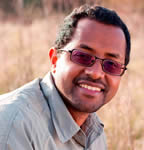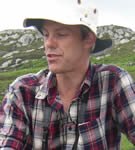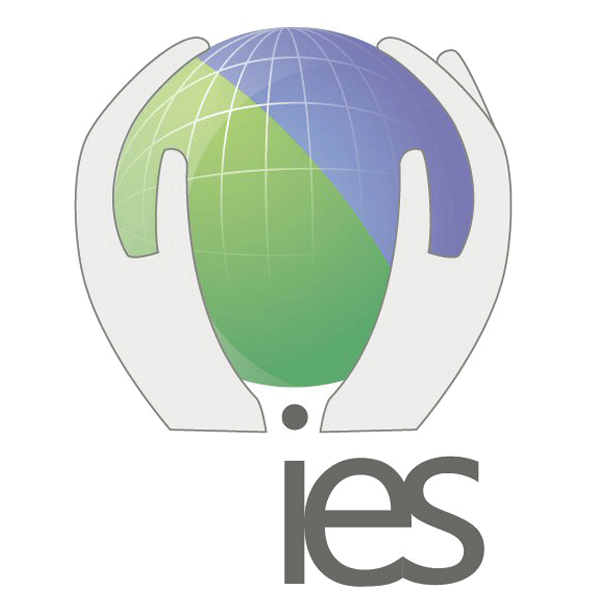Undergraduate Qualifications
The EEES Board of Studies manages the following degrees and diplomas, as well as developing modules that are used in qualifications not only across the STEM faculty but also in the Faculties of Arts and Social Sciences (FASS) and Business and Law (FBL).
Our honours degrees represent three years of full-time study, while the diplomas can be completed with two years full-time study.
Honours Degrees
BSc (Hons) Geology (R53)
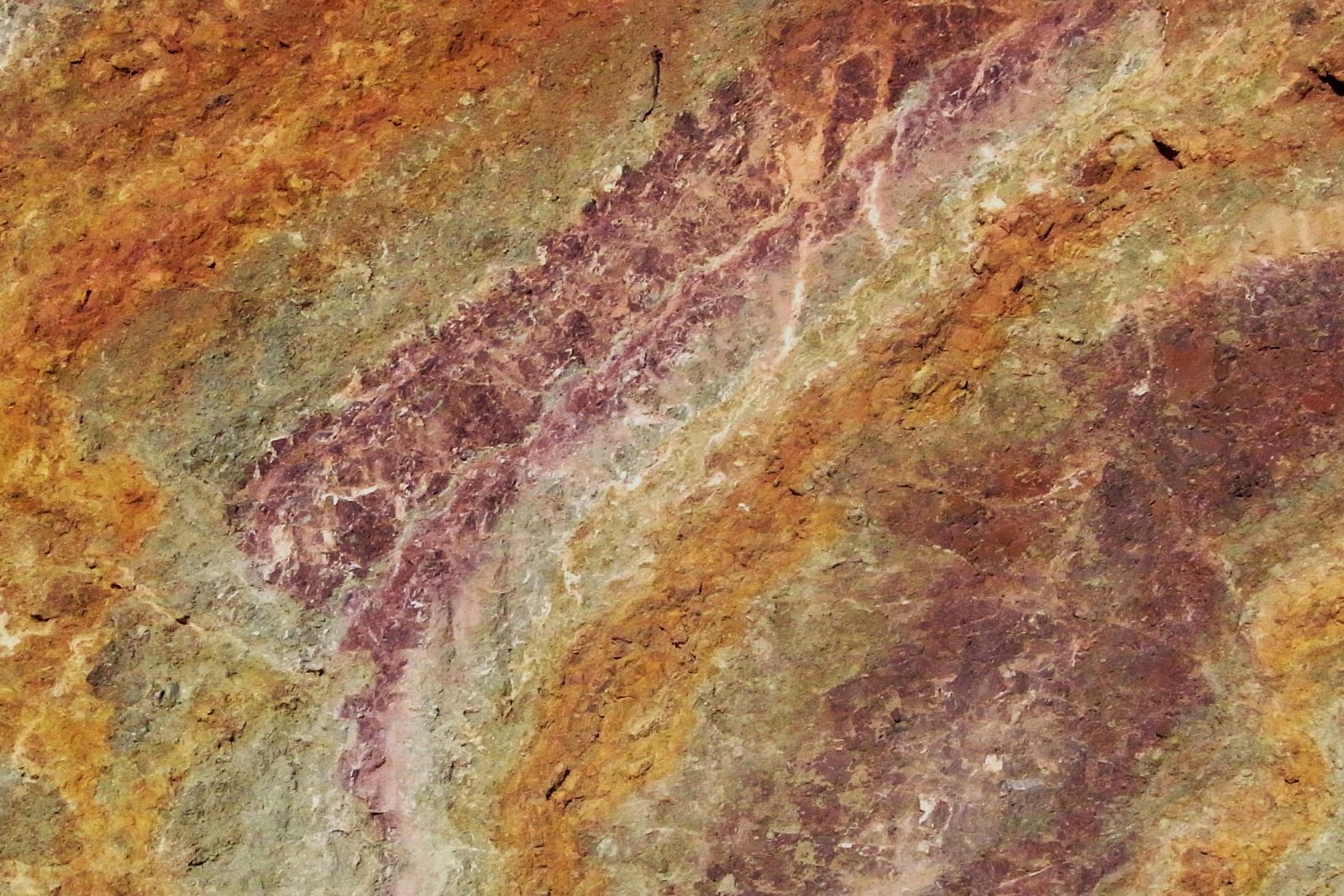
Discover how our planet works and decipher the clues to its remarkable history. Read the record of past climates, volcanic eruptions, extinction events and the history of life, while exploring sustainable solutions to some key challenges for society.
Studying this degree will help you develop key scientific skills as you apply your knowledge across the broad scope of Earth science. You’ll conduct investigations, gathering and analysing data to test hypotheses and solve problems.
Further details of this qualification are on the BSc Geology page.
BSc (Hons) Environmental Science (Q52)
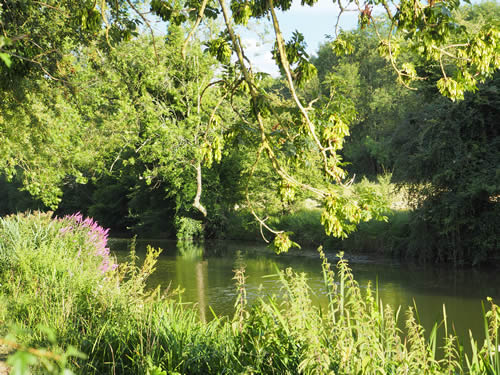
This accredited degree will develop your scientific knowledge and skills, including how to apply these to understand and manage environmental situations. You’ll explore fundamental environmental patterns and processes, investigating topics such as global warming, water resources, pollution and conservation. You can choose to study modules on a pure Environmental Science strand, or an Environmental Management strand that includes modules with more emphasis on an applied approach to managing the environment sustainably.
Further details of this qualification are on the BSc Environmental Science or the BSc Environmental Science (Environmental Management) page
BSc (Hons) Geography and Environmental Science (R16)
This interdisciplinary degree interleaves study of geography and environmental science to explore the complexities of our relationship with the natural environment. The qualification employs a holistic approach to addressing challenges such as climate change, globalisation, development, biodiversity loss, migration and urbanisation.
Further details of this qualification are on the BSc Geography and Environmental Science page
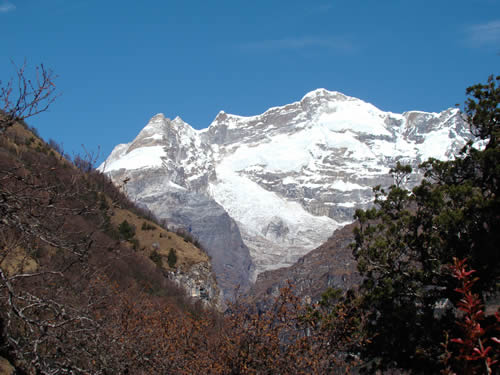
BSc (Hons) Natural Sciences (Earth Sciences) (Q64 EAR)
Through this degree you will specialise in the study of how our planet evolved and explore the forces that have shaped, and continue to shape, the earth that we live on. You’ll discover the inner workings of volcanoes, what fossils indicate about past environments, and how the oceans regulate climate and why sea-level changes. You’ll also develop analytical and problem-solving skills.
Further details of this qualification are on the BSc Natural Sciences (Earth Sciences) page
BSc (Hons) Natural Sciences (Environmental Sciences) (Q64 ENV)
This qualification is similar to Q52 Environmental Science, with a greater focus on science throughout, as well as a greater choice of science modules at Stage 2. There is no requirement to attend the residential field school at Stage 2.
Further details of this qualification are on the BSc Natural Sciences (Environmental Sciences) page
Diplomas
Diploma of Higher Education in Environmental Science (W47)
Focusing on the problems of living sustainably, this interdisciplinary diploma combines aspects of biology, geography and chemistry to develop your understanding of the natural environment and your scientific, interpretive and creative thinking skills. You will also learn elements of technology and social science to help you understand the whole picture.
Further details of this qualification can be found on the Diploma of Higher Education in Environmental Science page
We also offer an Integrated Masters Degree in Environmental Science; see postgraduate qualifications.
Master of Environmental Science (M05)
This qualification combines undergraduate and postgraduate study of environmental science, developing a deeper understanding of the environment and key research skills. You will examine current issues at a local and global scale and investigate strategies for solving environmental problems.
Further details of this qualification are on the Master of Environmental Science qualification page.
If you are interested in studying for a PhD, select PhD Students for further details.

Q52, M05 and Q64 (ENV) Qualification Lead
News
Celebrating our new Professor of Ocean Biogeochemistry, Pallavi Anand
We are celebrating another new professor in EEES, following the promotion of Dr Pallavi Anand to Professor of Ocean Biogeochemistry.
Celebrating our new Professor of Planetary Mineralogy, Susanne Schwenzer
We are celebrating a new Professor in EEES. Dr Susanne Schwenzer has recently been promoted to Professor of Planetary Mineralogy.

